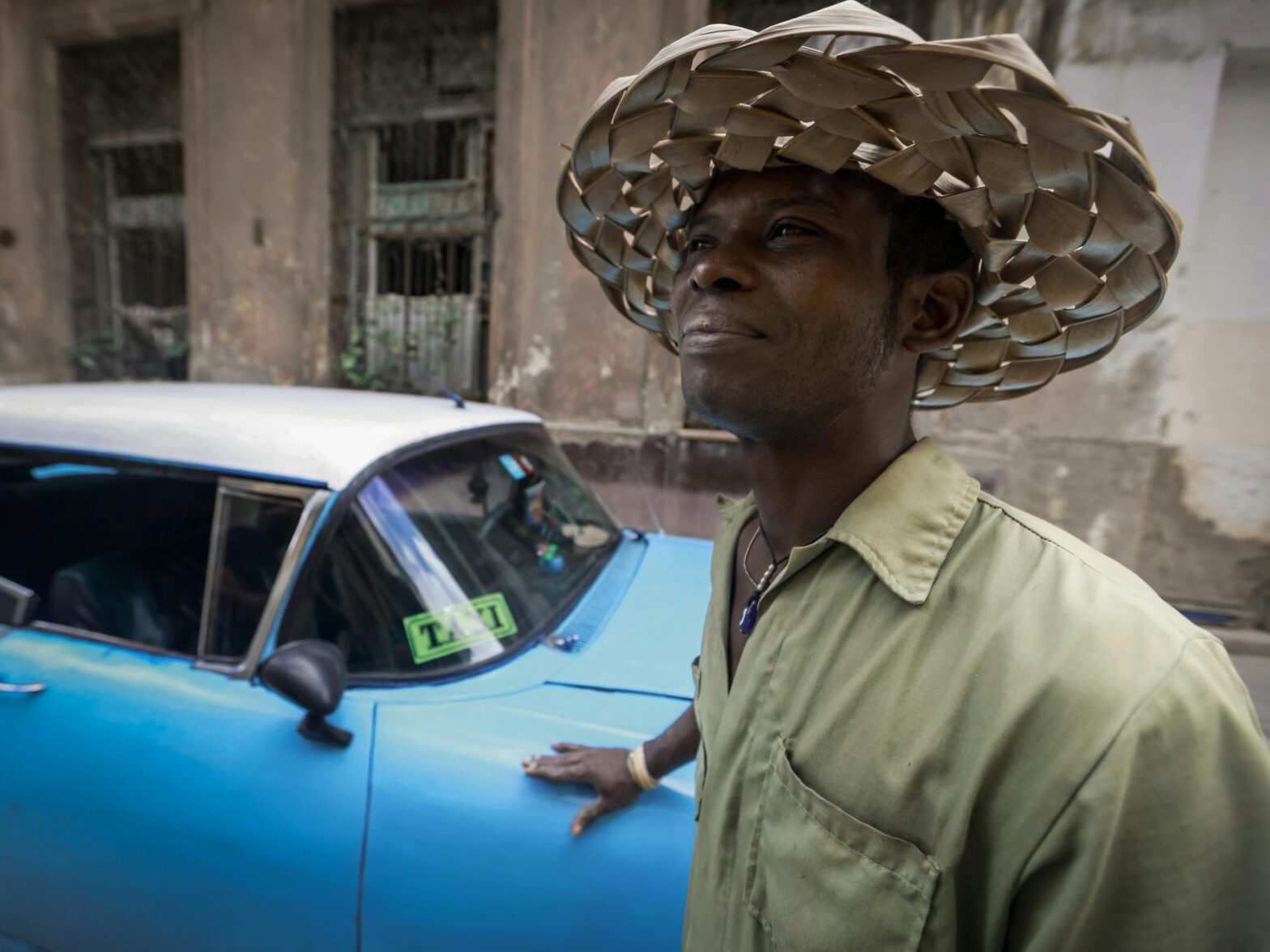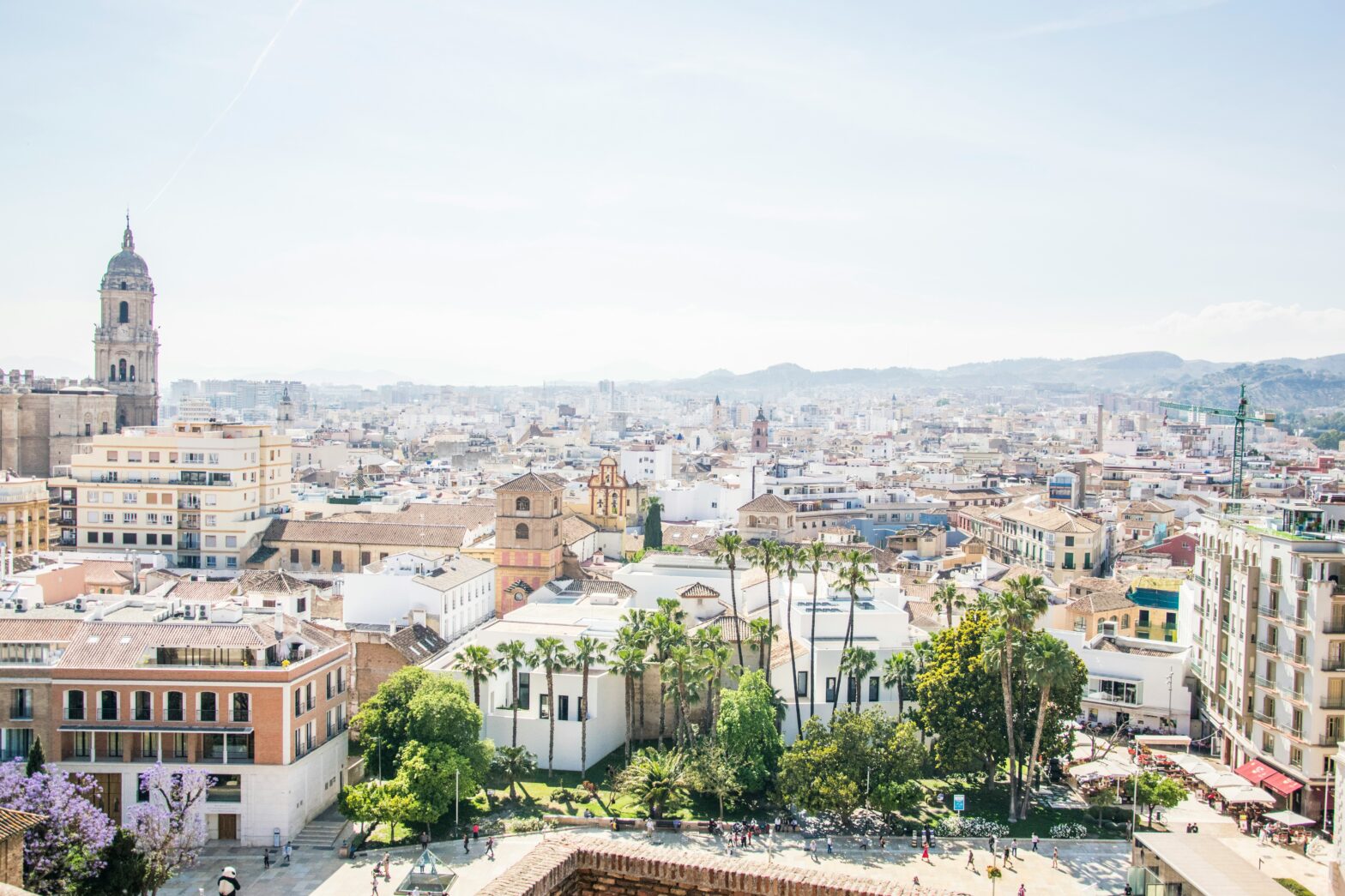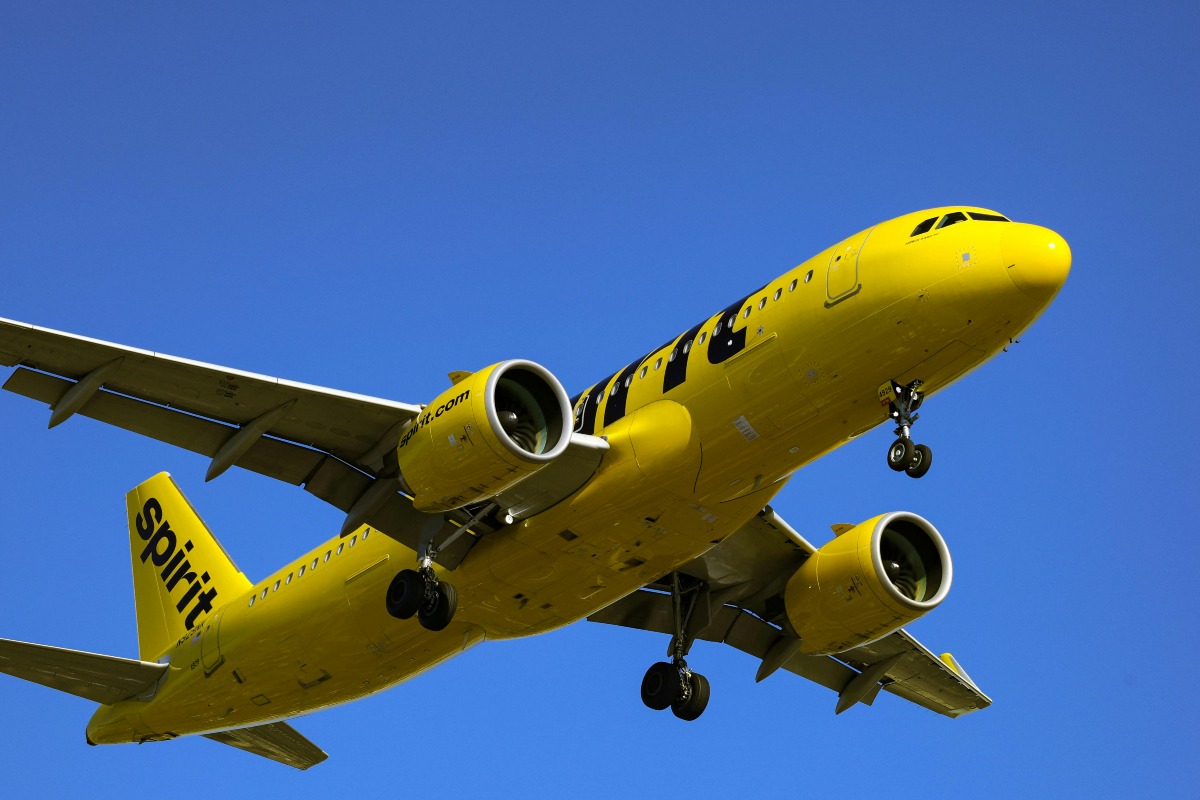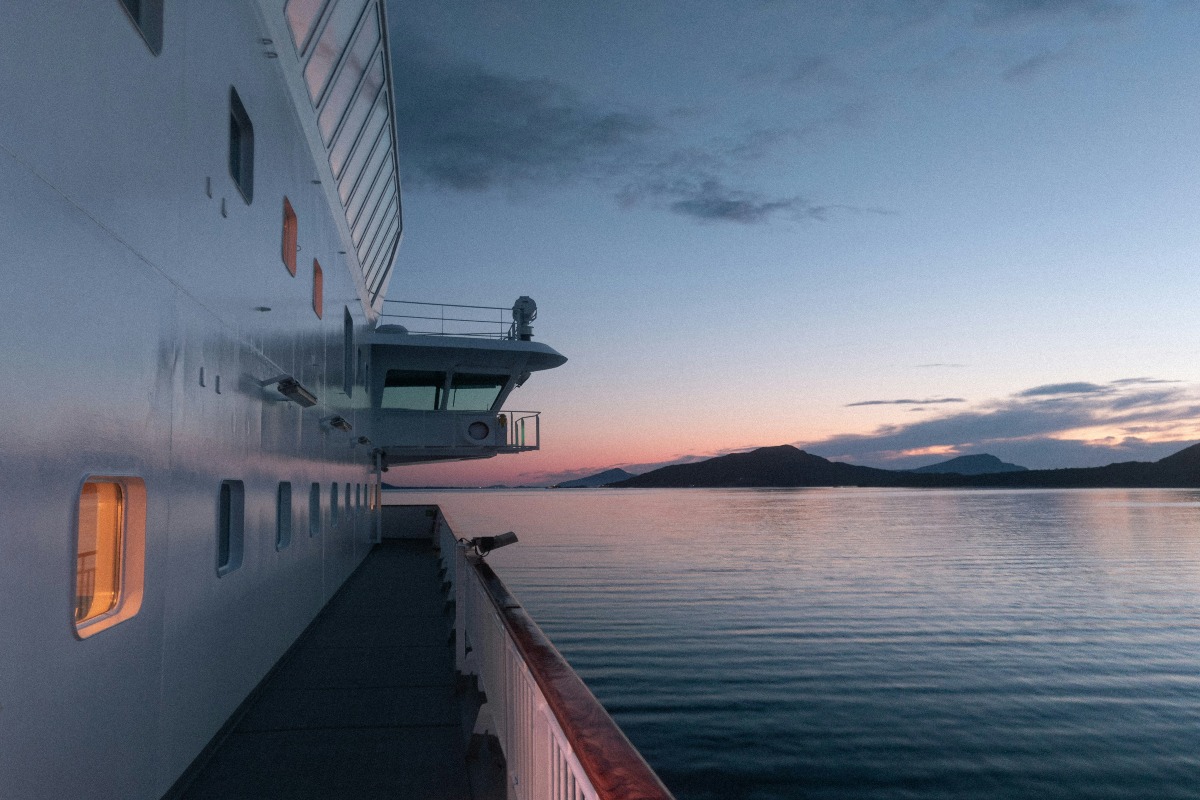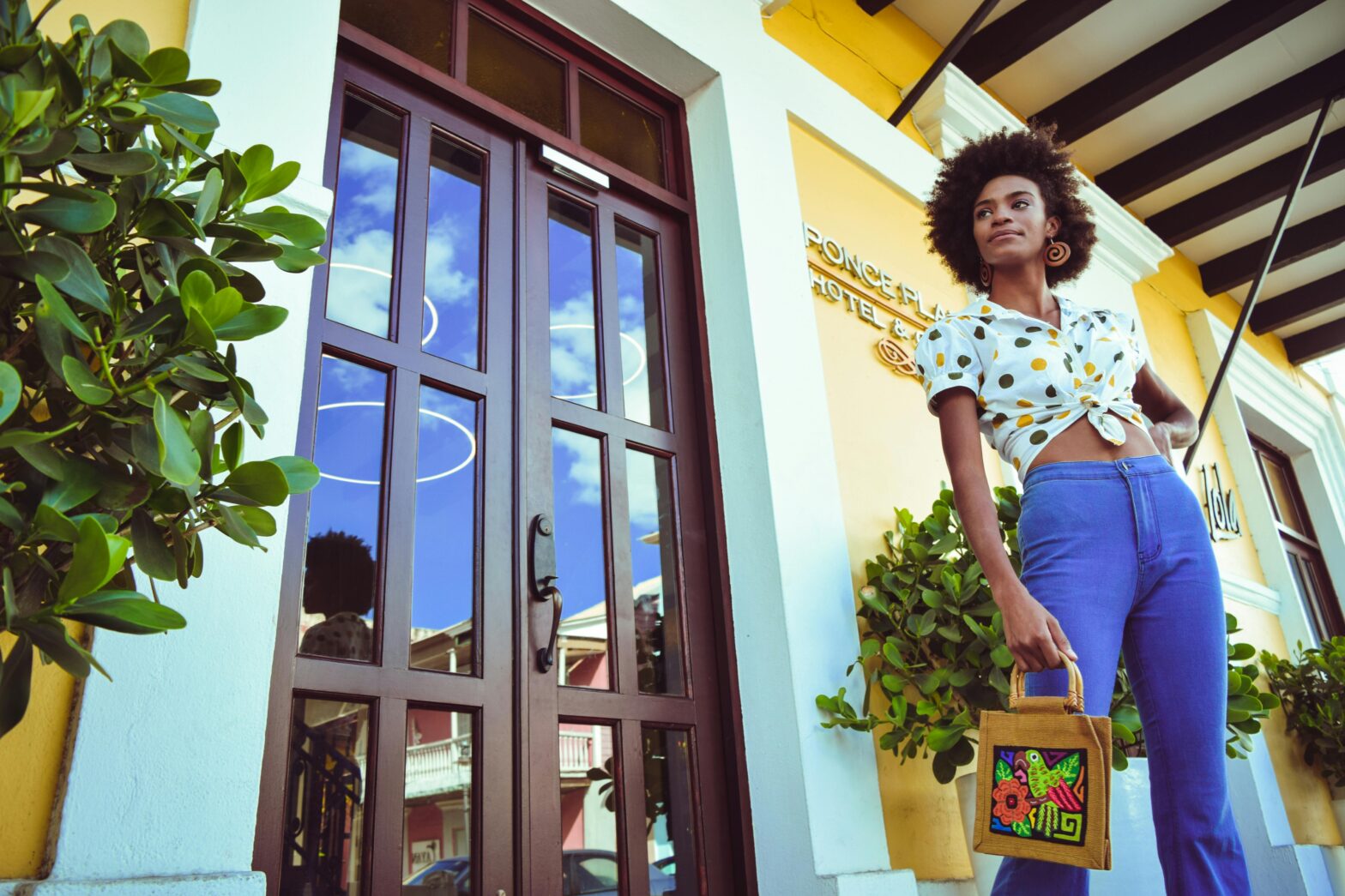Cuba is the Caribbean’s third most populous country, with a population of over 11 million in 2023, according to the World Bank Group.
People travel to Cuba for many reasons. Tourists often want to experience the charming streets of Havana, Cuba’s world-famous cigars, and the island country’s stunning beaches. Moreover, Cuba’s history, culture, architecture, art, and music are also popular draws.
Official Travel Advisories
The State Department’s travel advisory for Cuba was last updated in November 2024. The authority currently classifies Cuba as a “Level 2” zone, meaning Americans should “exercise increased caution.”
As of this report, the CDC has two travel health notices for those going to Cuba. The most recent, shared on November 15, advises travelers to “practice usual precautions” against Dengue. The other notice, released on October 25, warns of an Oropouche outbreak. The latter is categorized as a “Level 2” risk, and travelers are encouraged to “practice enhanced precautions.”
Is Cuba Safe For Tourists And Solo Travelers?
Travelers need to consider a variety of factors and take numerous precautions before going, and while there. However, it’s important to note that the country experiences frequent nationwide blackouts, aka power outages, leaving millions without power at a time. According to a November 25 published report by NBC News, the Cuban government didn’t comment on whether touristy areas are prioritized over other parts of the country regarding electricity access.
The country ranks 98th on the 2024 Global Peace Index, meaning it has a “medium” state of peace. In a peace comparison against 11 countries (12 total) in Central America and the Caribbean, Cuba was placed 6th. The State Department notes that Cuba has a strong military and police presence. Also, there are no specific guidelines from the authorities for women or LGBTQIA+ travelers going to the Caribbean nation.
Crime
The State Department additionally highlights that tourists are targets for pickpocketing, car break-ins, and purse snatching.
Transportation
Only use marked taxis. If getting behind the wheel, drive cautiously and avoid being on the roads at night. Frequent power blackouts and unlit roads can make driving at night unsafe. Avoid leaving items in unattended cars. The buses specific for tourist travel are okay to use.
Banking
The currency is the Cuban Peso, but Americans commonly pay in convertible pesos (CUC) or sometimes USD ($). If exchanging money, do so at state-run offices, aka CADECAs, or official banks. American debit and credit cards are not usable (Visa is accepted at some places), and ATMs can be unreliable. Have cash — and enough cash — ready. Tipping is customary.
Health
Before going, it’s encouraged to have your routine vaccines, as well as protection against Hepatitis A, Hepatitis B, Measles, Rabies, and Typhoid. To protect against Oropouche and Dengue, travelers need to prevent getting bug bites from mosquitos and midges. Also, avoid consuming any contaminated or unsafe water, including tap. Do not eat undercooked foods or street foods. The State Department says, “diarrheal illness is common among travelers, even in luxury accommodations.”
If you’re injured while there, taking a taxi to the hospital may be wise, as ambulances can be unreliable. Medications can be scarce, so make sure you travel with your necessities. It’s good to have a copy of your doctor’s prescription(s). Make sure whatever medicine you take to Cuba is legal there.
Common Scams To Be Aware Of In Cuba
The State Department doesn’t outline any particular tourist-targeting scams to be aware of in Cuba.
How To Stay Safe In Cuba
Always remain aware of your surroundings. Should you be victim to a robbery attempt, do not try to resist. Also, avoid flashing wealth, including valuables and cash.
It’s good to have a secondary form of guidance and directions with you in case your phone’s GPS is unavailable due to connectivity issues.
While there, avoid any demonstrations. The State Department also recommends having a photo of your passport with you and keeping the physical booklet somewhere safe.
Where To Stay
Some of the most common cities to visit are Havana, Varadero, Trinidad, and Santiago de Cuba. If looking for accommodations in Havana, consider Paseo 206 and Hotel Claxon.
When Is The Best Time To Visit Cuba?
Travel to Cuba from November through April to avoid the rainy and hurricane seasons.
People Frequently Ask
What languages are spoken in Cuba?
Spanish is the official language. English is commonly spoken in touristy areas.
Are resorts in Cuba affected by power outages?
It’s common for resorts to have generators to provide power to guests. However, according to Canada’s official travel authority, services like hot water and air conditioning can be affected. Consider calling your accommodations, tour guides, etc, before your visit to see if your travel will be impacted.
Should You Still Visit Cuba?
Going to Cuba can be safe, but it’s important to consider how the frequent power outrages may impact different aspects of your travel and safety. While there, you should abide by best practices for traveling. Consider having the recommended vaccinations and organizing how you’ll get and use the appropriate currency before you arrive.
Know that you will be subjected to Cuba’s laws. The State Department says there are “severe” Cuban penalties for photographing military, police, and “harbor, rail, or airport facilities.” Also, the authority claims American citizens have been detained if “suspected of engaging in activities perceived to undermine state security.” Tourists can be detained “for activities that would not be considered criminal or offensive in the United States.”
